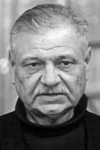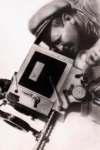Biography
(No Information)
Filmography
all 10
Movies 10
Composer
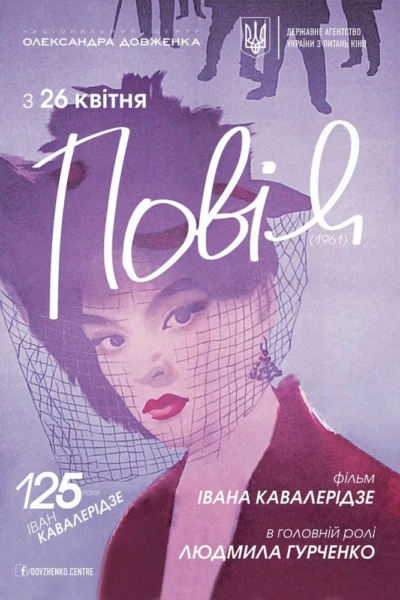
The Loose Woman (1961)
Movie
Composer
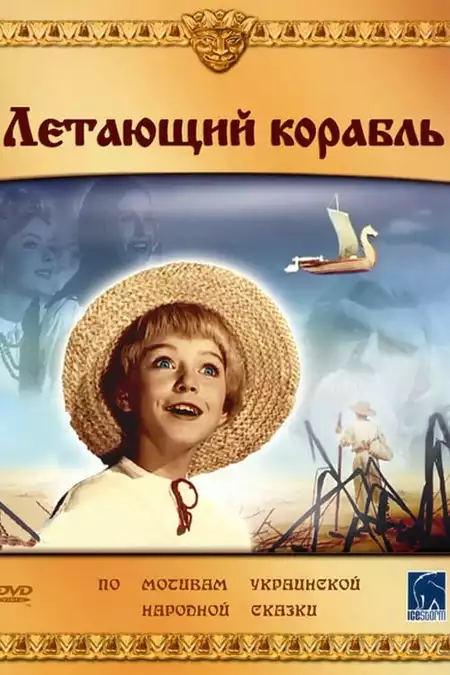
Letayuschij korabl (1960)
Movie
Composer
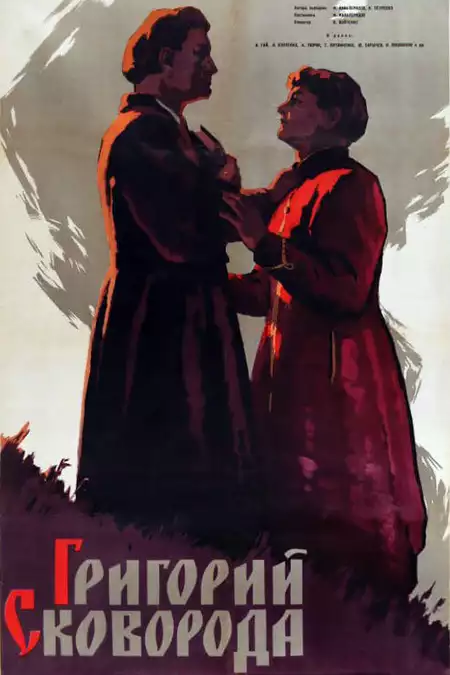
Hryhorii Skovoroda (1960)
Movie
Composer
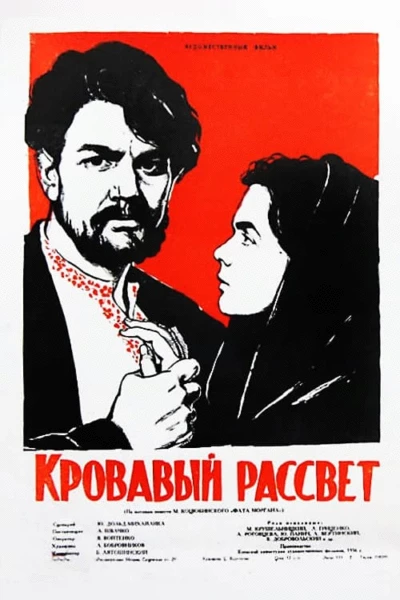
Bloody Dawn (1957)
Movie
Composer
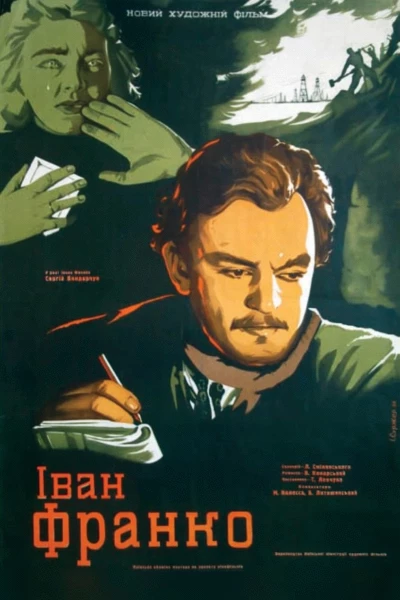
Ivan Franko (1956)
Movie
Composer
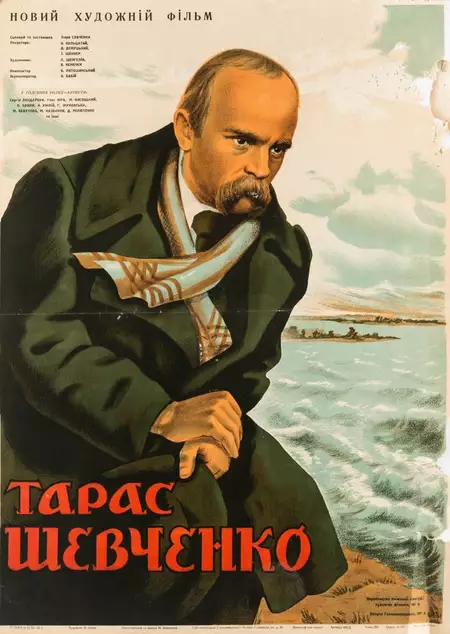
Taras Shevchenko (1951)
Movie
Composer
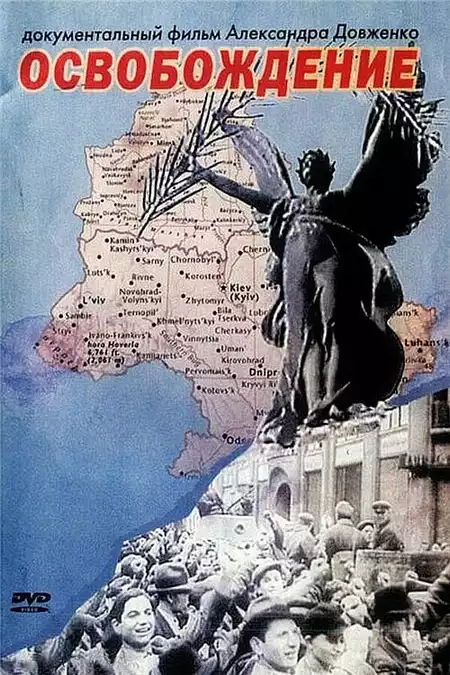
Liberation (1940)
Movie
Original Music Composer
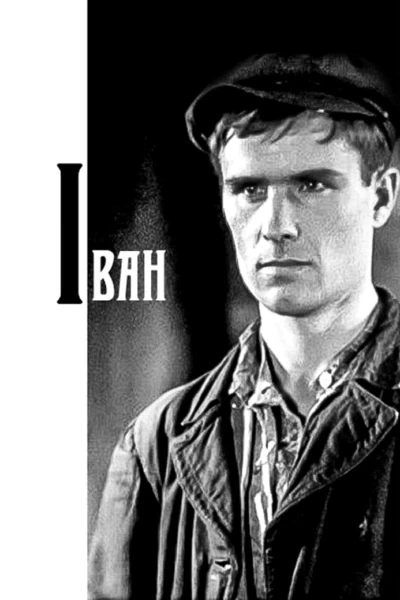
Ivan (1932)
Movie
Composer
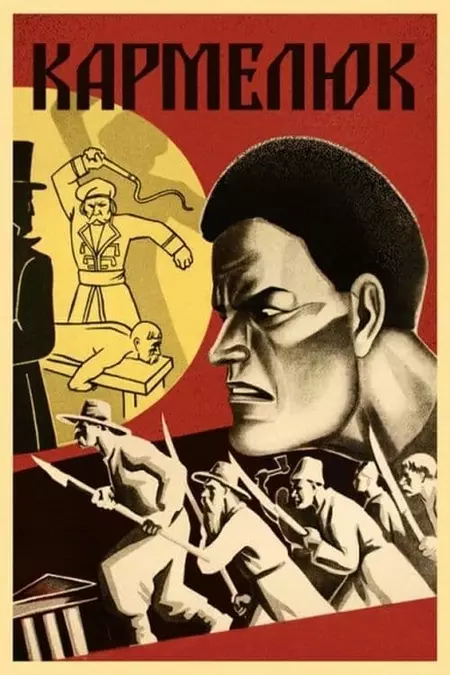
Karmelyuk (1931)
Movie
Composer
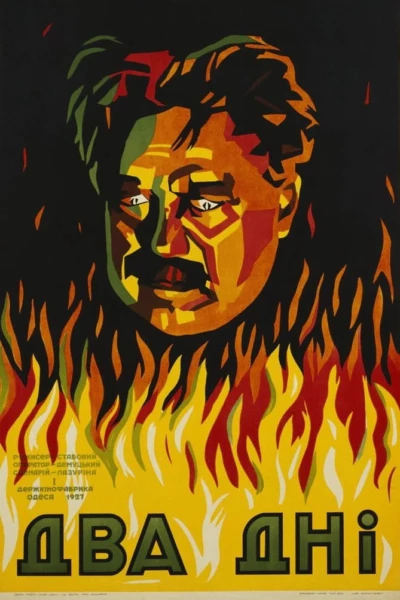
Two Days (1927)
Movie
Information
Known ForSound
GenderMale
Birthday1894-12-22
Deathday1968-04-15 (73 years old)
Birth NameБорис Миколайович Лятошинський
Birth PlaceZhytomyr, Ukraine
FatherNikolay Liatoshynsky
CitizenshipsUkrainian Soviet Socialist Republic, Russian Empire, Soviet Union
AwardsStalin Prize, 2nd degree, State Stalin Prize, 1st degree, Honored Art Worker of the USSR, People's Artist of the Ukrainian SSR, Shevchenko National Prize, Medal "For Valiant Labour in the Great Patriotic War 1941–1945", Order of the Badge of Honour, Order of the Red Banner of Labour, Order of Lenin
This article uses material from Wikipedia.
Last updated:
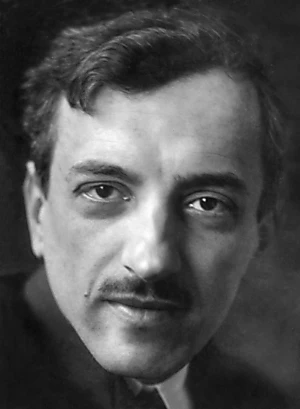 Boris Lyatoshinsky
Boris Lyatoshinsky- Filmography
- Information
- Related Persons
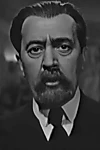
 ,
,
